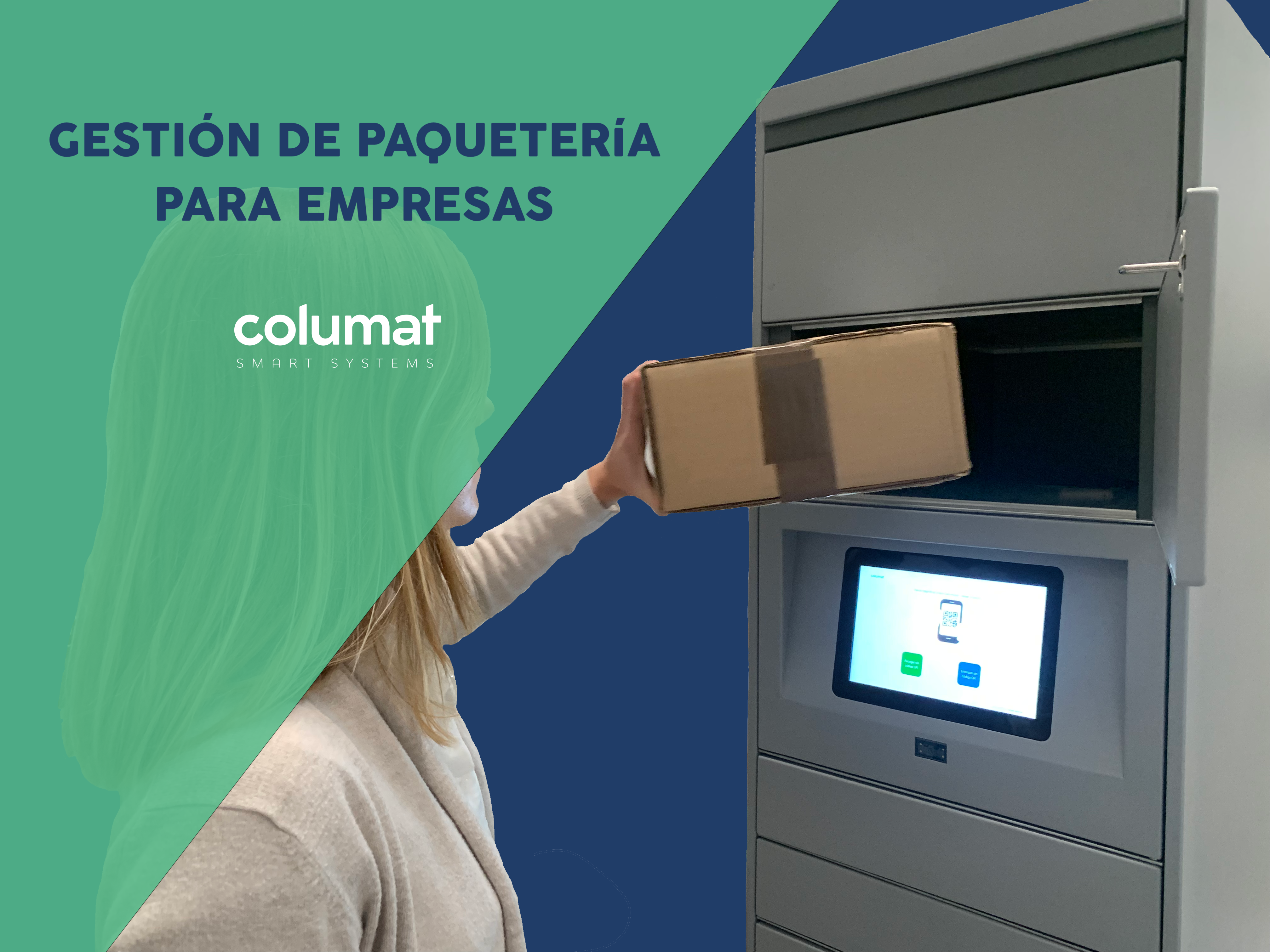Lean Logistics: Optimization and Efficiency
In a business environment where speed, efficiency and cost reduction are essential for success, the concept of Lean Logistics has gained prominence as a key methodology for improving the supply chain. But what exactly is Lean Logistics and how can it help companies achieve more agile and profitable operations? Here's what it is and what the principles and benefits are.
What is Lean Logistics?
Lean Logistics is the application of the principles of Lean methodology, originated in the manufacturing industry, to logistics processes. Its main objective is to eliminate waste in all activities related to the supply chain, improving efficiency and adding value at each stage of the process.
In logistics, waste can take many forms: long lead times, excess inventory, unnecessary transportation or inefficient processes. Lean Logistics seeks to identify these problems and eliminate them, allowing products and information to flow faster, error-free and at a lower cost.
Key principles of Lean Logistics
The implementation of Lean Logistics is based on several fundamental principles:
1. Waste disposal:
One of the pillars of the Lean methodology is the identification and elimination of waste (“muda” in Japanese). In logistics, this waste includes:
- Unnecessary inventory: Holding excess inventory can lead to higher warehousing costs, product obsolescence and wasted resources.
- Waiting times: Idle time during transportation or waiting for materials at different points in the supply chain is a hidden cost that can be reduced.
- Unnecessary movements: Optimizing transportation routes and warehouse layout avoids unnecessary movements of products and personnel.
2. Just-in-Time (JIT)
The Just-in-Time approach focuses on receiving and producing products only when they are needed, reducing inventory and improving efficiency. In logistics, JIT ensures that materials or products arrive just in time for use, minimizing storage costs and the risk of unwanted inventory buildup.
3. Continuous flow
Continuous flow refers to ensuring that products and information flow without interruption throughout the supply chain. This requires eliminating bottlenecks, synchronizing activities and optimizing delivery times to maintain a constant and efficient flow.
4. Continuous improvement (Kaizen)
Continuous improvement or Kaizen is a key principle of Lean. In Lean Logistics, it involves the constant review of logistics processes to identify opportunities for improvement and make adjustments that increase efficiency, reduce costs and improve service quality.
5. Collaboration with suppliers and customers
Effective collaboration with suppliers and customers is essential to Lean Logistics. By sharing information and coordinating activities, companies can improve synchronization in product delivery, optimize the use of resources and respond more quickly to changes in demand.
Benefits of implementing Lean Logistics
Adopting Lean Logistics brings numerous benefits that are reflected in all stages of the supply chain. Some of the most prominent include:
1. Reduction of operating costs
Eliminating waste and optimizing logistics processes reduces costs associated with transportation, warehousing and inventory management, which directly impacts profit margins.
2. Increased efficiency
With Lean Logistics, logistics processes become more agile, reducing lead times, improving planning and ensuring that products arrive at the right place at the right time.
3. Better quality and customer service
By minimizing errors and optimizing inventory management, companies can offer better customer service, with faster and more accurate deliveries. This translates into greater customer satisfaction and increased customer loyalty.
4. Flexibility and adaptability
By improving coordination and eliminating waste, companies become more responsive to changes in demand or market conditions, enabling them to adapt more quickly and take advantage of new opportunities.
5. Positive impact on sustainability
Lean Logistics not only improves operational efficiency, but also contributes to more sustainable logistics. By reducing resource consumption (fuel, storage space, etc.) and optimizing transportation routes, carbon emissions and environmental impact are reduced.
Conclusion
Lean Logistics is a powerful tool for any company that wants to optimize its supply chain, reduce costs and improve customer satisfaction. By eliminating waste and improving operational efficiency, companies not only increase their profitability, but also achieve a more sustainable supply chain that is more adaptable to market changes.
Is your company already applying Lean Logistics principles? If not, this could be the next big step towards a more efficient and competitive operation.
Here is a link to an article on how to apply the Lean Logistics methodology in your company: https://www.ontruck.com/es/blog/metodologia-lean-logistics
Also, we leave you our last blog in case you missed it: https://www.columat.com/desafios-logisticos-amsterdam/


